FASCIST MUSIC
|
1982's Trans is an incredible artifact. It's mostly anti-fascist, but it's got some obviously fascist elements, so it fits here, and its story is just wild.
If "Neil Young's synth album" isn't enough for you, consider a few things: - It is almost entirely sung through a vocoder. - It is almost completely indecipherable. This was on purpose. Young's son was born with severe cerebral palsy and the fog of synth and vocoder was meant to represent his son's efforts to communicate. - Scattered amidst such deeply inaccessible electronic tracks as "Computer Age," "Computer Cowboy," and "We R in Control," are some light, organic country-blues songs that sound like they were lifted from another album. In fact, they were! That album, per Young, was "a tropical thing all about sailing, ancient civilizations, islands and water." - This was the first album Young recorded for his new label, Geffen. It was such a colossal fuck you, as well as a commercial and critical bomb, that the label sued him for deliberately sabotaging himself by releasing "uncharacteristic" material. This album is fascist in all the obvious ways. Computers dominate the landscape lyrically and musically, to the point that Young himself is a computer. The album art shows a computerized graph-paper hologram man hitchhiking toward a dystopian metropolitan future in some kind of DeLorean, while a shaggy guy heads to the woods in some old hearse. But in deeper, more important ways, it's anti-fascist. Young's son was crying out to be heard, a lone, small voice in a world that had no time for him. That effort was worth something. Young himself mimicked it, and when his strained falsetto occasionally breaks through the vocoder, it is actually stirring. And yes, hologram man is off to town on the cover. But where is the shaggy guy going? Off to foment revolution, probably. There's hope on Trans.
0 Comments
Generic corporate electrohipster band Capital Cities scored a minor hit in 2013 with "Safe and Sound." What do you really know about Capital Cities or "Safe and Sound?" I have an uncanny feeling that the apparent men representing themselves as Capital Cities are holograms, and the song is not so much music as a marketing pitch hatched from a fascist corporate overlord. Rudimentary research indicates that Capital Cities is presented as a duo: one clean-faced guy with a high-and-tight haircut (popular among the youth) and one James Harden-looking guy. Are we to believe that these two ciphers played all the instruments? Where is everybody else? The video provides clues: These two keep blipping and bleeping into different personae, bodies, and even eras of time. It takes tremendous effort to believe that they are not holograms. The song itself is perfectly designed to be in a car commercial or a dystopian loudspeaker. Everything is safe, sound, and taken care of. The lyrics are perfectly generic: "I could be your luck / In a tidal wave of mystery you'll still be standing next to me." Musically, it's genre-free. While catchy, it's sexless, so it doesn't fit as pop. EDM? The Capital Cities boys seem to be pushing dance in their video, but I don't buy it. And it has no pathos, or even emotion, so rock doesn't work. It's sales music. And wouldn't you know it, State Farm used the song in a commercial just this year. If you don't buy my explanation, let me ask you this: Why would human beings make this music? Don't get me wrong, I think the song is great and have probably listened to it 100 times. But it expresses nothing, in the eel-slickest, most amorphous style imaginable. Isn't music supposed to be a form of expression? What motivated High-and-Tight and James Harden to link up in Los Angeles, give themselves an aggressively fascist band name, sign to Capitol Records (really), and release corporate pitch music? There is no reasonable explanation, because that's not what happened. What happened was, a massive global conglomerate with offices in all the capital cities -- let's call it Capital Cities Corp., or CCC -- needed a "safety song" to reassure people when they buy bags o' glass or explosive tinderboxes on wheels. CCC input parameters into its music-simulating application to yield "Safe and Sound." Then, it generated two holograms to serve as the ostensible band, which data dictated should be a basic white guy and a hilarious wild card. "Safe and Sound" was released as a single, not for the sake of the holograms' careers (duh) or even to be promoted into a big hit, but rather for the song to become vaguely familiar prior to being used in commercials a few years later. Now, the commercials are here, and the true purpose of "Safe and Sound" is realized: To sell us plebs on our doom. 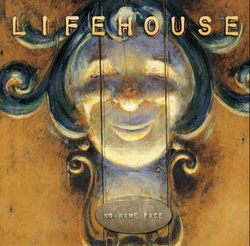 If you want a fascist record, it helps to start with a fascist title. The faceless boys from Lifehouse (where are they from? Do you have any idea? L.A.) could hardly do better than "No Name Face." The music itself is dead-ass rock, otherwise known as "butt rock." Distorted guitars playing lead over a gloomy bed of crunchy acoustic and electric guitars, with a gutteral vocal buried deep in the mix. You know the type: Goo Goo Dolls, Fuel, Creed. The post-grunge rejection of personality. All duly fascist. What makes No Name Face particularly interesting as a fascist artifact is its timing. This album, released in May 2000, bridged the gap between an era in which rock was the dominant form of music (albeit in depleted form, with Matchbox 20, Vertical Horizon, and Creed leading the way) to an era in which rock was unquestionably dead. No Name Face and its single "Hanging by a Moment" owned 2001, with "Hanging by a Moment" Billboard's top single of the year. When No Name Face exited the charts in September 2001, the world was different. J.Lo, Alicia Keys, and Destiny's Child ruled music. R & B would eventually pass the torch, but never again to rock. Exactly one band had a #1 Billboard Hot 100 hit after Lifehouse, and that was Nickelback. Lifehouse presided over rock's funeral. "Rocket 88" to "Hanging by a Moment," 1951 to 2001, R.I.P. Did Lifehouse kill rock? Probably. "Hanging by a Moment" was ubiquitous in 2001, and not in the good way. Some of the pop sheen that Third Eye Blind and Matchbox 20 had introduced into rock in the late 1990s had by then become rote formula, and Lifehouse bludgeoned that formula to death. Quiet verses, big chorus, universal lyrics, strings, and even a beat drop. And a sad Vedder vocal ripoff to boot. As "Hanging by a Moment" got its millionth spin on FM radio, the world woke up from its 50-year love affair with rock and said, "This just isn't working." Nickelback was the spasm that the world curb-stomped to make sure rock never came back, but Lifehouse was the death star that did it in. The greatest musical invention of all time, the language of freedom, the symbol of rebellion, the vehicle for Dylan's poetry, the actual vehicle for Springsteen, a genre so big to include Chuck Berry, Led Zeppelin, U2, and Bowie... killed by Lifehouse. I don't care if they're nice lads; they'll always be assholes for what they did to rock. You can't get more fascist than killing the people's music. This demented January 2016 performance by USA Freedom Kids was an immediate legend of fascist music. The fascist nature of this performance is total, from concept (let's get some little girls to extol Dear Leader) to presentation (American flag costumes!) to setting (some batshit rally in Pensacola) to lyrics ("Enemies of freedom / Face the music / Come on boys, take 'em down!") to music (blippy and hellish) to the mere existence of this band (Florida Svengali devises scheme for his daughter to perform and gain him $$). It should be obvious that this video occupies rare air even among its fascist brethren.
The best (worst?) part of this whole thing is that the object of their jingoistic praise is now the not-unfascist President of the United States. Perfect. I only regret that I have but one post to give USA Freedom Kids. David Bowie's death in January triggered many deserved tributes. He was the greatest rock star ever.
But during the 1990s (technically 1987 to 2003), he released an amazingly long and unbroken string of terrible fascist albums. It would take a perverse revisionist* -- and there were plenty in the weeks after his death -- to deny how far he fell during these years. The Cliff's Notes Bowie is this: He came on the scene in the late 1960s as a psychedelic folkie, then hit his creative stride in the early 1970s as the glam Ziggy Stardust. He soon turned to "plastic soul," the Thin White Duke persona, and mountains of cocaine. Clean by 1977, he headed to Berlin to release a trio of artsy, acclaimed albums. Then he wanted to get popular again and released a big, ominous, arena-rock album (Scary Monsters... and Super Freaks) and two popular dance-rock albums (Let's Dance and Tonight). After these commercial successes, Bowie was at a crossroads. He chose fascism.
After so many embarrassments, it was time for Bowie to finally give up, which he did. But in a happy coda, 10 years later, he released two pretty good albums, 2013's The Next Day and 2016's Blackstar. His output from 1969 to 1983 had already ensured his legacy, but these two showed he was at least capable of humor, drama, and striving -- antidotes to fascism all -- and willing to share his gifts in his waning years. *One revisionist, Jason Hartley, came up with the Advanced Genius Theory to address work exactly like Bowie's 1990s output. Per Hartley's theory, since Bowie is an acknowledged genius, it's natural that the genius present in his work would eventually exceed his audience's ability to appreciate it. The "problem," then, lies with us, not Bowie. Best known for skating rink favorite "Cotton Eye Joe," Rednex is a Swedish dance-bluegrass collective with a deeply weird American-themed aesthetic. Annika Ljungberg, Kent Olander, Arne Arstrand, Jonas Nillson, and Patrick Edenberg became Mary Joe, Bobby Sue, Ken Tacky, Billy Ray, and Mup back in 1994. They continue to trot out a surprising number of hits today in an incredibly confusing rotating troupe format, complete with several spinoffs and tributes that they formed themselves. Per Wikipedia: "On live performances and interviews, the members usually act crazy with a rough and bad behavior."
Of course, they put an obliviously Swedish spin on all their down-home cultural appropriation, starting with the fact that they pair banjos and fiddles with '90s Eurotrash dance grooves. The name, too, can only be so on-the-nose because it's coming from such a far-away place. It's the same reason there's a British band called "Texas" and a French Tex-Mex restaurant chain called "Indiana." Such a band would make no sense in Texas, and such a restaurant would make no sense in Indiana (or, frankly, anywhere). But from afar, such concepts seem exotic and worth cultural note. Cultural appropriation is generally fascist, particularly when it's tinged with cruelty toward a disadvantaged group. Really, the Rednex act is not much different from blackface. Both present cartoonish characteristics of a downtrodden minority for sport. Admittedly, Rednex targets a cultural minority group that merely has had a rough go (poor white Southerners), rather than a racial one that was systematically enslaved and oppressed for centuries (blacks). It's less offensive to parody rednecks than blacks, but it's cut from the same cloth. This is not to say Rednex was not conceived with genuine admiration as a loving tribute to Americana; it probably was. From Sweden, it might still look that way. But from America, it's a derogatory caricature of a group that has long suffered abuse, neglect, and disdain. Picking on the weak is irrevocably fascist. 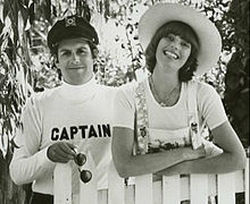 You knew it was coming! With SiriusXM's limited-run YachtRock channel burning up the airwaves, Yacht Rock hasn't been this popular since 1983. We're talking, of course, about the smooth sounds of Michael McDonald, Captain & Tennille, Christopher Cross, and other late 70s/early 80s soft rock giants. Music to chain-smoke to. Music to "not get civil rights" to. Music to play in the background while you spend idle days on a yacht. It's not necessarily music for the wealthy, but it is music for people who don't try very hard. Is Yacht Rock fascist? Of course! But don't make the mistake of conflating Yacht Rock and fascist music into one. Yacht Rock is a type of fascist music - and yes, all Yacht Rock is definitionally fascist - but doesn't represent the full breadth of fascist music. Fascist music includes post-prime rock by legacy artists, aggressively power-hungry music, selling out, corporate music, facelessness, suffocation, and more. Yacht Rock represents a great dimension of fascist music: the brown-stained, corporate, sinister, idle, daft music of the shittiest 10 years of the 20th century. But there's more. Enjoy the waning days of the YachtRock channel on SiriusXM. Then check back in with us to see what fresh hell we can get into. Thought experiment: It's 1985. Huey Lewis needs to tell you about this incredibly powerful thing. Stronger than diamonds, steel, money, fame, credit card, and a bad girl's dream. (Which, by the way, clever.) This force is sudden and cruel, and can make you sad and mad, but might just save your life. Oh, and he wants to discuss all this over horn-and-synth 80s serial-killer music. Would you say that this sounds remotely fascist to you?
|
What is fascist music?In Dave Marsh's 1979 review of Queen's Jazz, he wrote, "Indeed, Queen may be the first truly fascist rock band." No other word so neatly expresses supremacy of the powerful and devaluation of the individual. Archives
August 2022
Categories
All
|
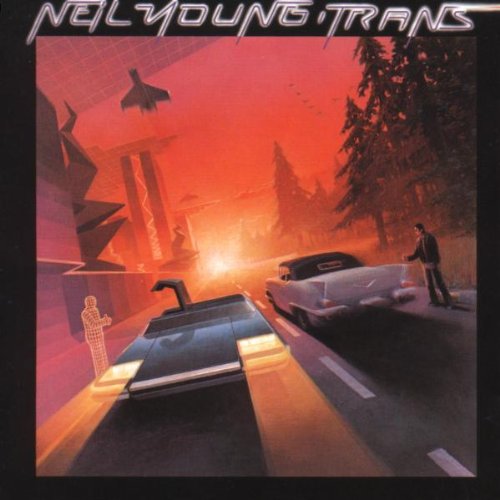
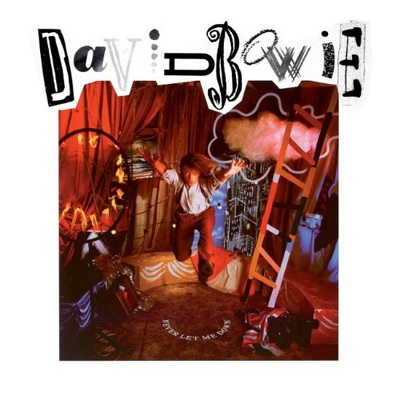
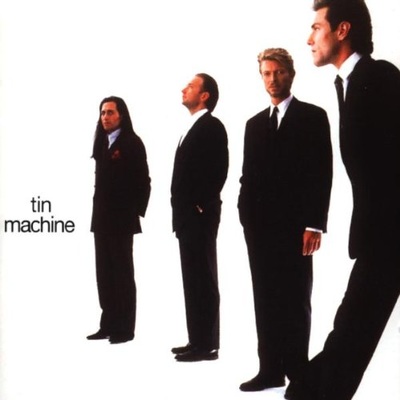
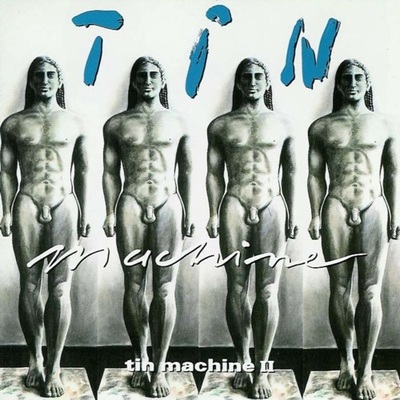
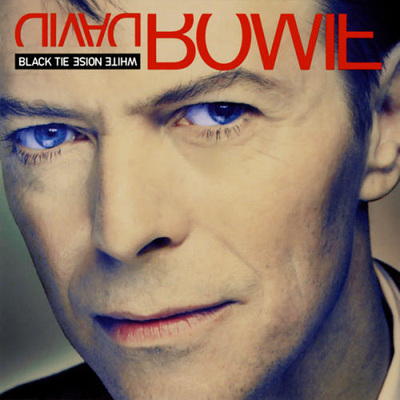
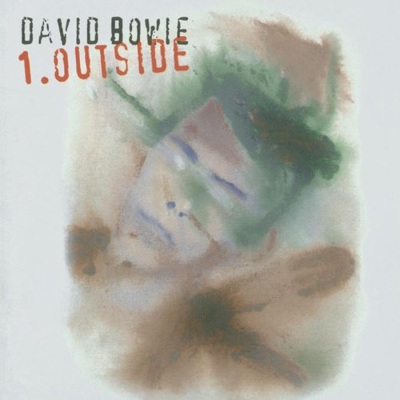

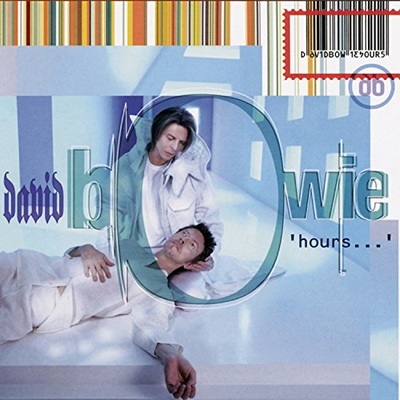
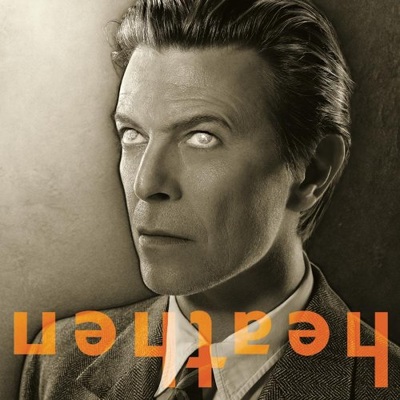
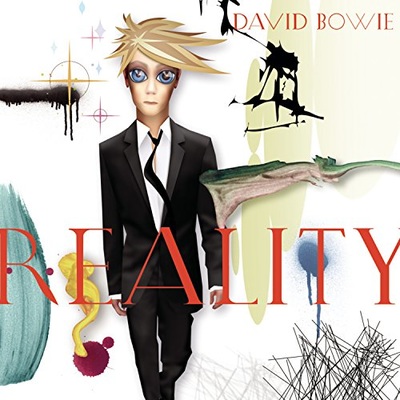
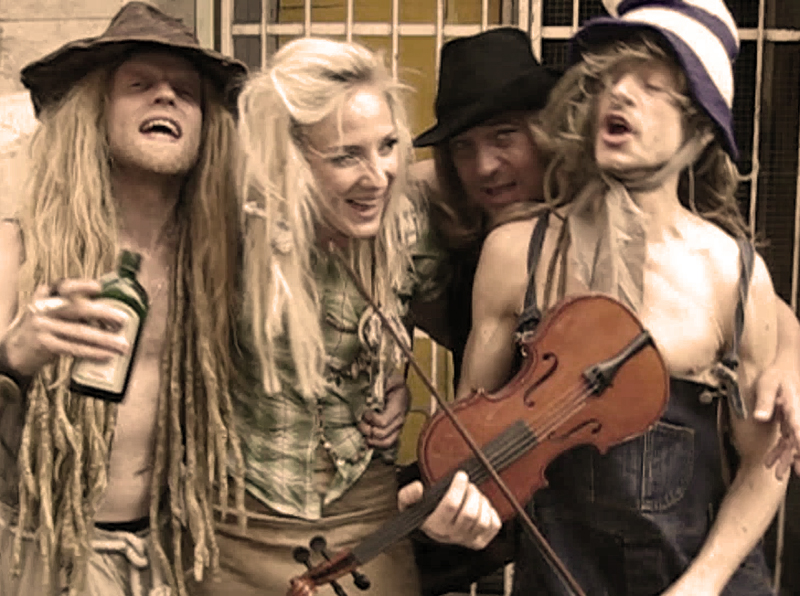
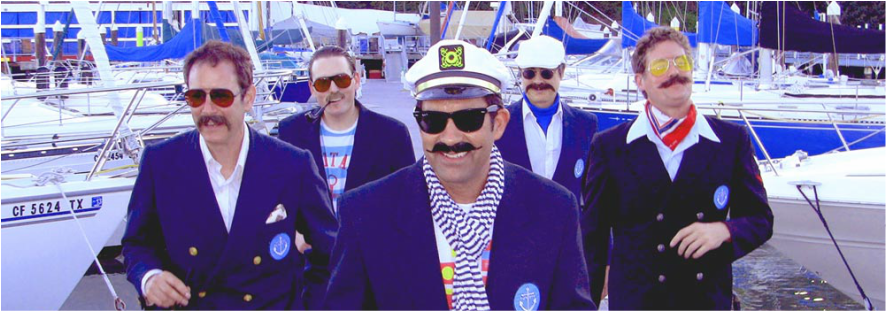

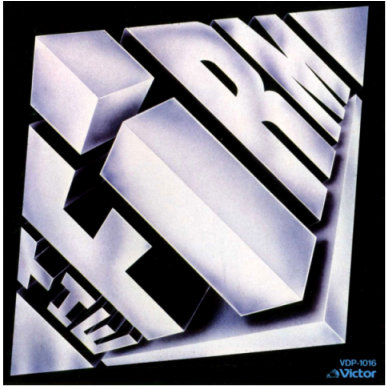
 RSS Feed
RSS Feed
